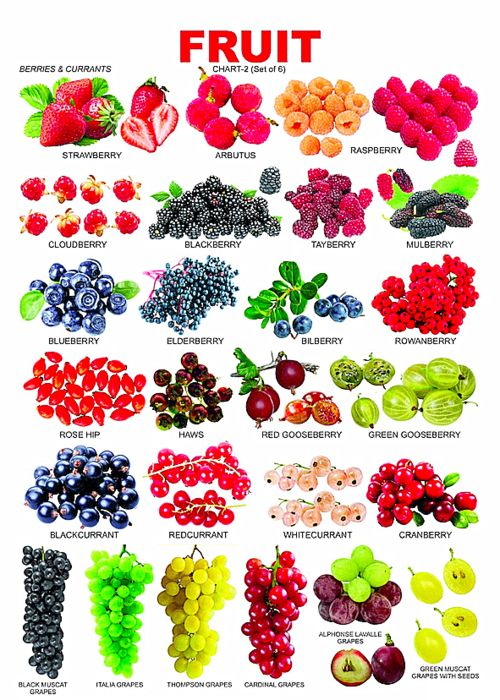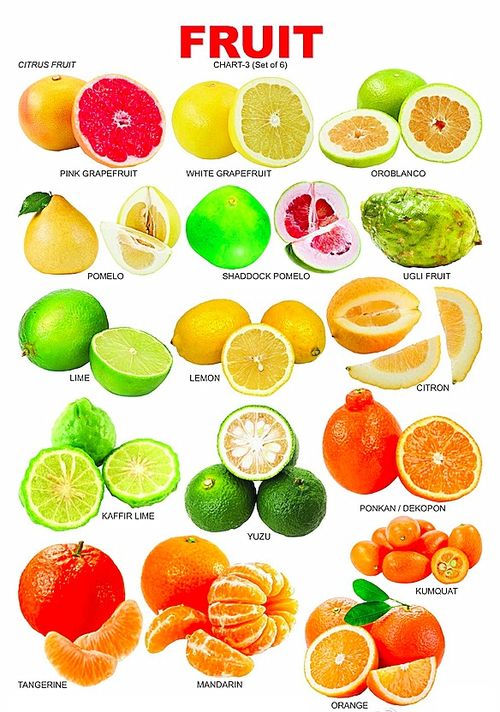揭秘!'fruit'这个英文单词的真正含义是什么?
作者:佚名 来源:未知 时间:2024-10-27
Exploring the Essence of "Fruit" in English Vocabulary

In the vast realm of English vocabulary, each word carries its unique significance, weaving a rich tapestry of communication. Among these diverse terms, "fruit" stands out as a fundamental and multifaceted concept that encompasses both the natural world and its metaphorical extensions. At its core, the word "fruit" in English refers to the ripened ovary of a flowering plant, containing seeds and usually edible. But delving deeper, we uncover a wealth of connotations and applications that extend far beyond its basic definition.

The Literal Meaning of Fruit
First and foremost, let's examine the straightforward interpretation of "fruit." In botany, fruit is the product of a flowering plant's reproductive cycle, developed from the ovary after fertilization. It serves as a means of seed dispersal, often attracting animals with its sweetness or other desirable qualities, thus facilitating the spread of the plant's genes. From the lush orchards of apples and cherries to the tropical abundance of mangoes and papayas, fruits are a vital component of Earth's biodiversity and human nutrition.

In English, the word "fruit" is typically used to describe a variety of edible products derived from plants, including berries, drupes, pomes, and more. Each type boasts its characteristic flavor, texture, and nutritional benefits, making fruits a staple in diets worldwide. For instance, bananas are a convenient source of potassium and fiber, while oranges are renowned for their vitamin C content. These diverse offerings underscore the versatility and importance of fruits in our daily lives.
Metaphorical Uses of Fruit
Beyond its literal meaning, "fruit" has been metaphorically applied in various contexts to convey deeper meanings. In religious discourse, the term often symbolizes the spiritual outcomes of one's actions or beliefs. For instance, in Christianity, the "fruit of the Spirit" refers to the positive characteristics that emerge from a life lived in accordance with God's will, such as love, joy, peace, patience, and kindness. Similarly, in Buddhism, the concept of "bearing fruit" is used to describe the eventual results of one's virtuous deeds or meditative practices.
In everyday language, "fruit" can also signify the culmination of efforts or the achievement of goals. When someone says, "Their hard work finally bore fruit," they are referring to the successful outcome of persistent effort. This usage highlights the idea that just as a plant requires time, nurturing, and patience to produce fruit, so too do endeavors in life require dedication and perseverance to reach fruition.
Fruit as a Cultural Symbol
Fruit has also played a significant role in cultural expressions and traditions. In many societies, fruits are associated with fertility, abundance, and renewal. Festivals and celebrations often feature fruits as symbols of prosperity and good fortune. For instance, the Chinese New Year celebrations traditionally involve displaying fruits such as oranges, tangerines, and apples, each believed to bring specific blessings. These customs reflect humanity's deep connection with nature and our reliance on its bounty for sustenance and well-being.
Moreover, fruits have inspired art, literature, and culinary innovations throughout history. From the exquisite still-life paintings of Dutch masters showcasing the bounty of the harvest to the intricate recipes of global cuisines, fruits have served as muses for human creativity. Their vibrant colors, delicate textures, and intricate flavors have captured the imaginations of artists, writers, and chefs alike.
Conclusion
The English word "fruit" is a rich and multifaceted term that encompasses both the literal and metaphorical aspects of life. As a botanical concept, it represents the essence of plant reproduction and a vital source of nutrition. In a broader sense, "fruit" symbolizes the fruits of labor, the spiritual outcomes of our actions, and the cultural expressions that celebrate the abundance of nature. By incorporating this versatile word into our writing and conversations, we can enhance the depth and resonance of our communication, inviting readers to reflect on the many layers of meaning embedded within the simple act of bearing fruit.
- 上一篇: 轻松学!如何绘制色彩缤纷的简笔画粽子
- 下一篇: 揭秘!冒号背后隐藏的深意:它究竟代表了什么?





























